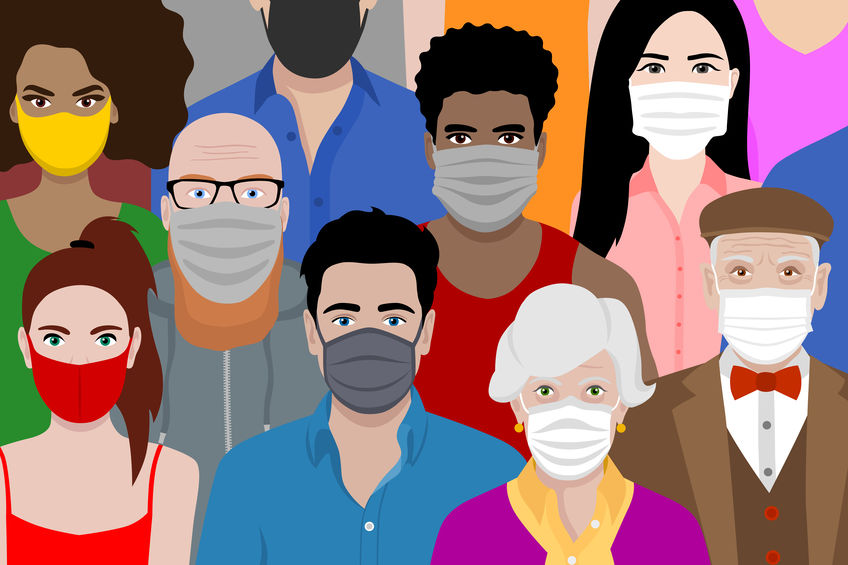Activity 1b: Quick Thinking Activity?

Natural | Labour | Capital |
Grass Cows Water Soil Corn
|
Farmers Factory workers Drivers
|
Milking machines Sheds Factories
|
Activity 1b: Quick Thinking Activity?

1. Relative scarcity occurs because needs and wants are assumed to be infintie but the resources needed to meet those needs and wants are finite.
2. The following products have become increasingly scarce over the last two years:
·
Oil,
due to the invasion of Ukraine by Russia
·
Microchips
due to lockdowns in China
·
Potatoes
due to unfavourable growing conditions in Australia
·
Teachers
due to a high level of retirements and lower than necessary recruitment
· Electric cars due to rapid increases in demand relative to supply
3. Government decisions to lockdown parts of the economy led to major supply disruptions. This meant that certain products like restaurant meals, cinema and theatre experiences and tourism services were in short supply.
4. Relative scarcity means that resources are likely to have competing uses. Therefore, economic agents like consumers, businesses and governments need to make choices. For example, the government has a limited budget each year (which they gather from tax revenue). They have several areas of spending, upon which they could allocate their scarce fund. They must therefore choose where to allocate their funds.
5.
As
you will discover in chapter 2, there is a link between scarcity and the
development of shortages in markets. This means that there will be increased
competition for the scarce goods and services. The likely impact is higher
prices. For example, over the past 2 years, there has been a scarcity of new
cars available with extensive waiting lists. This has flowed through to the
market for second-hand cars with some second-hand models selling for more their
respective new car prices. The higher prices help to ration the scarce goods as
only those who are willing and able to pay for them can access them.
